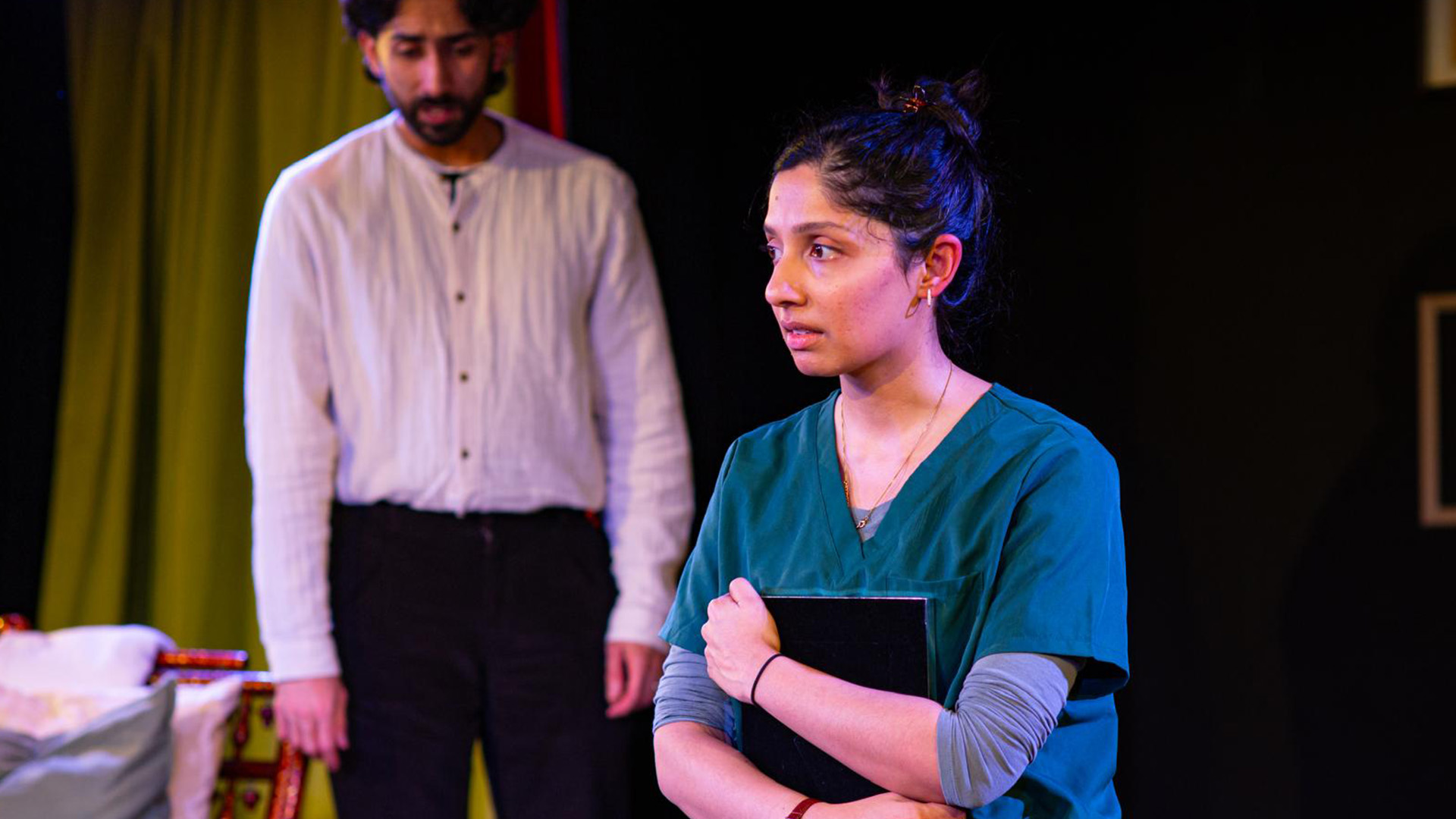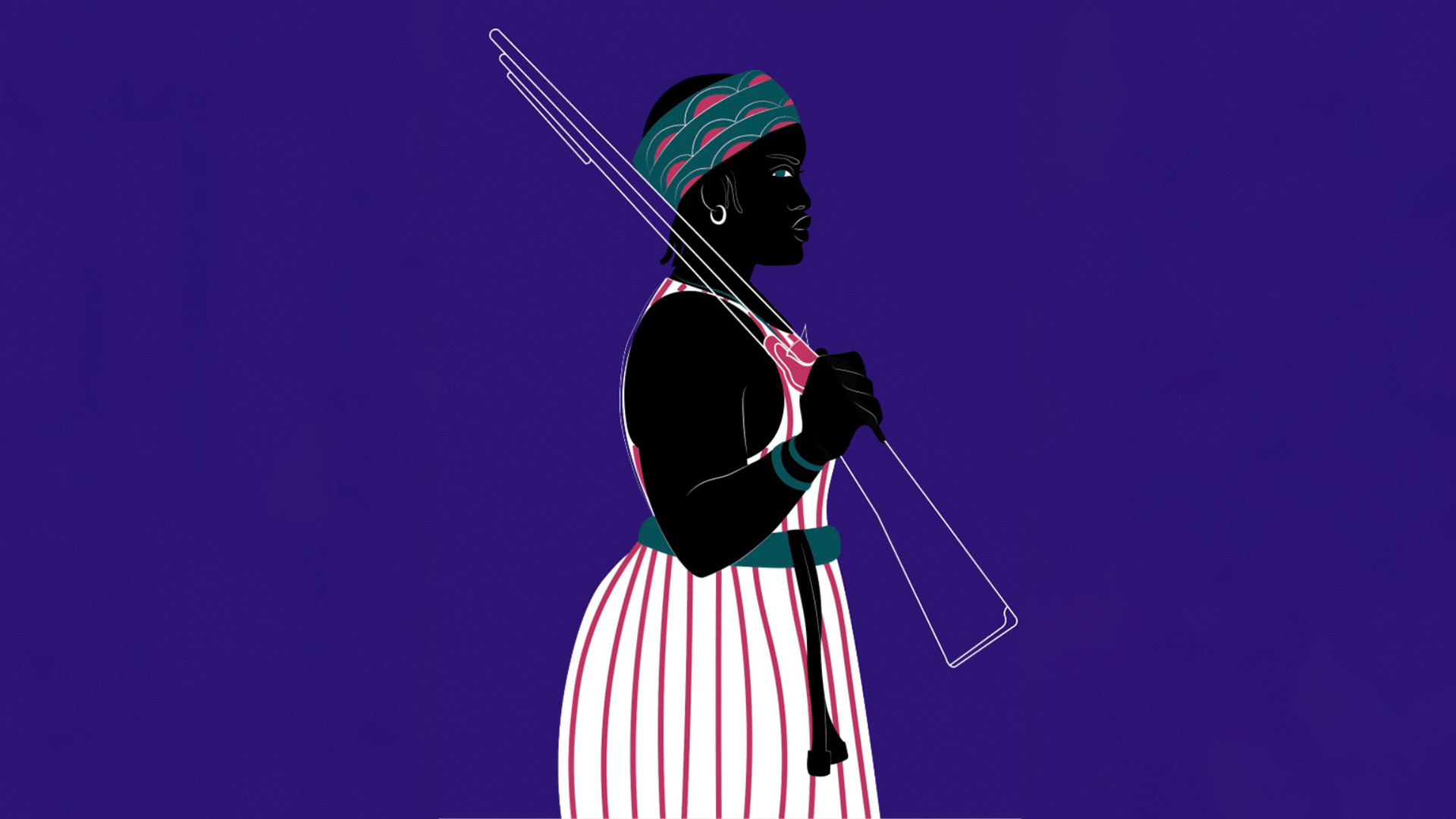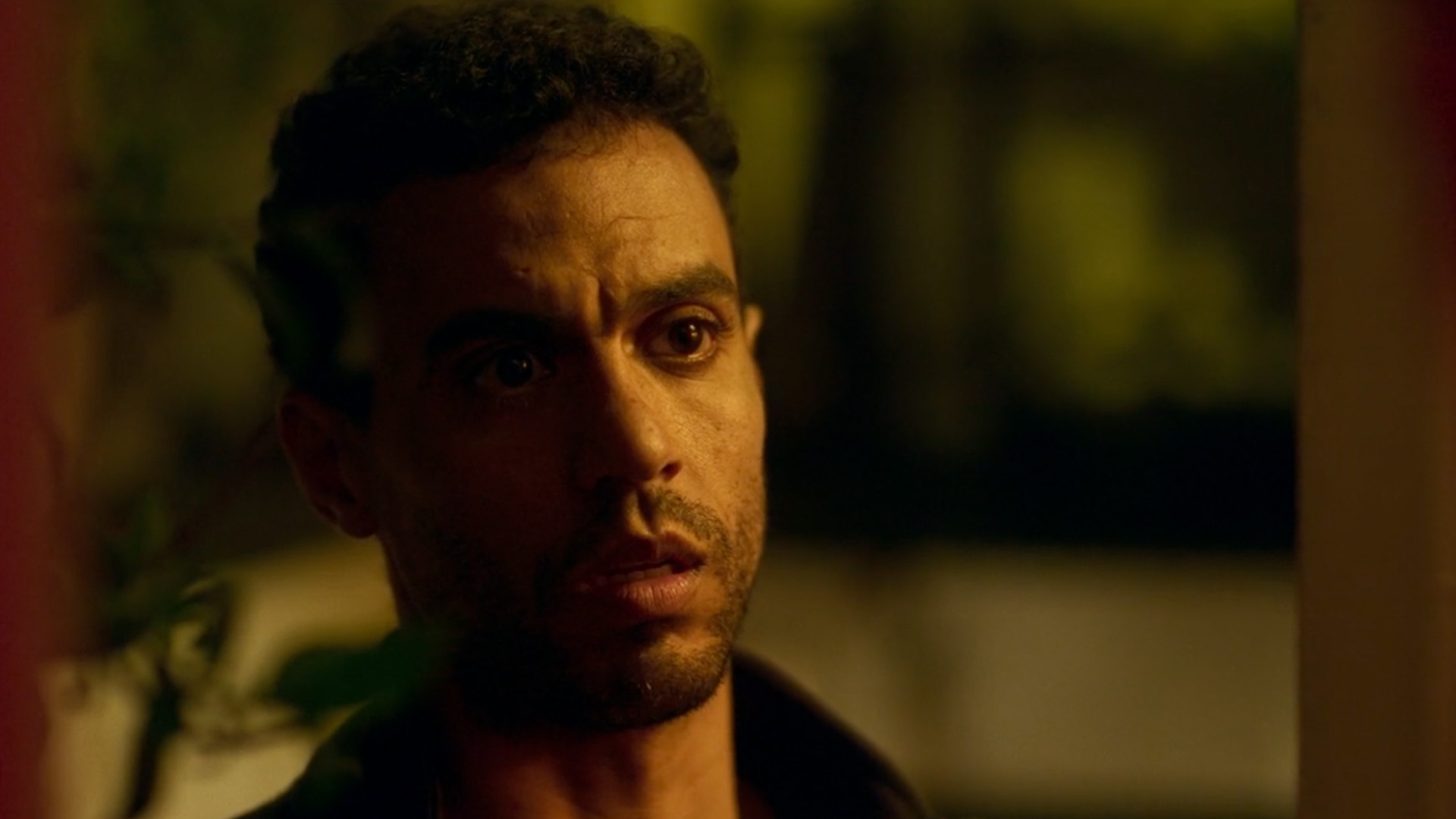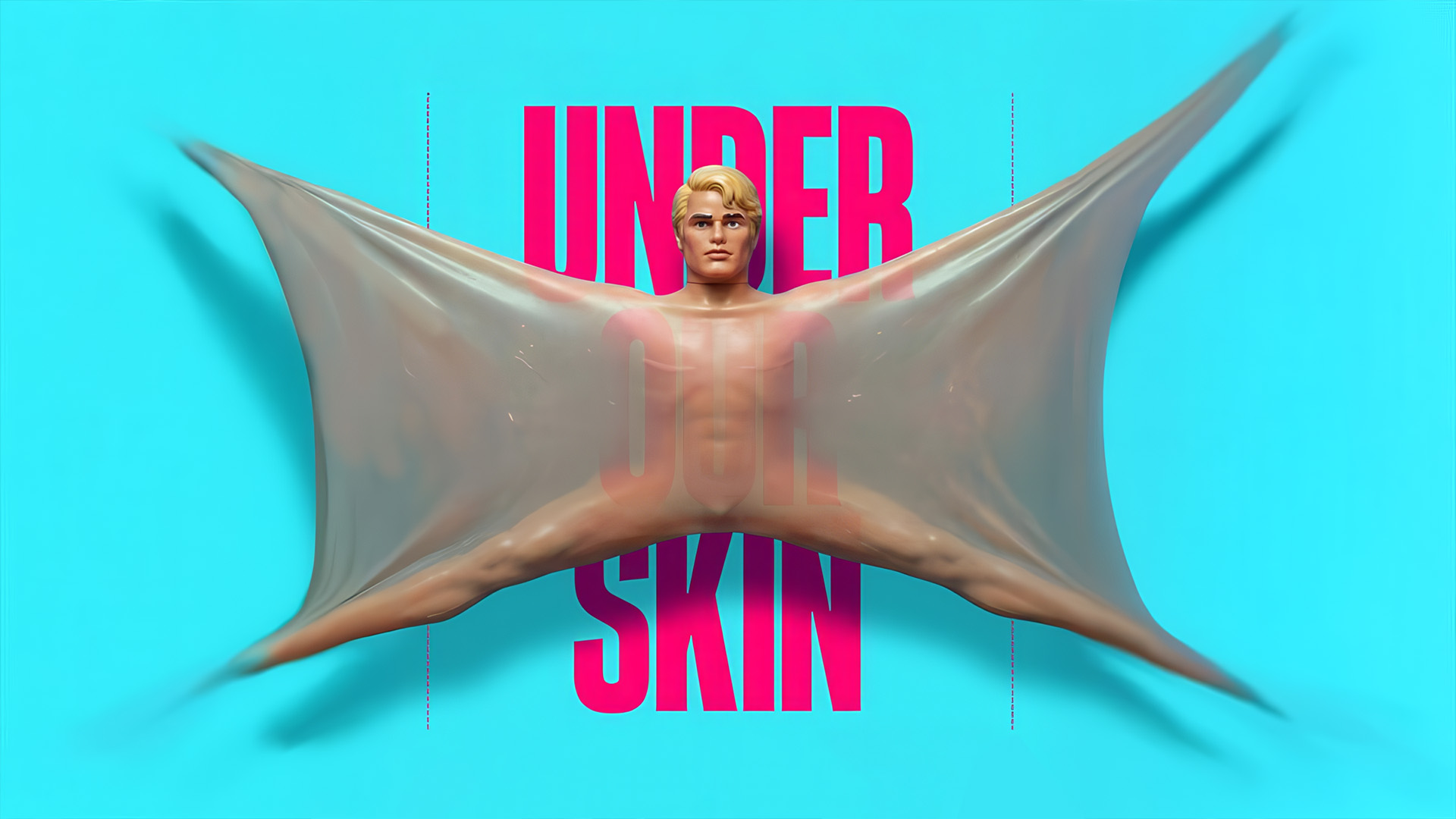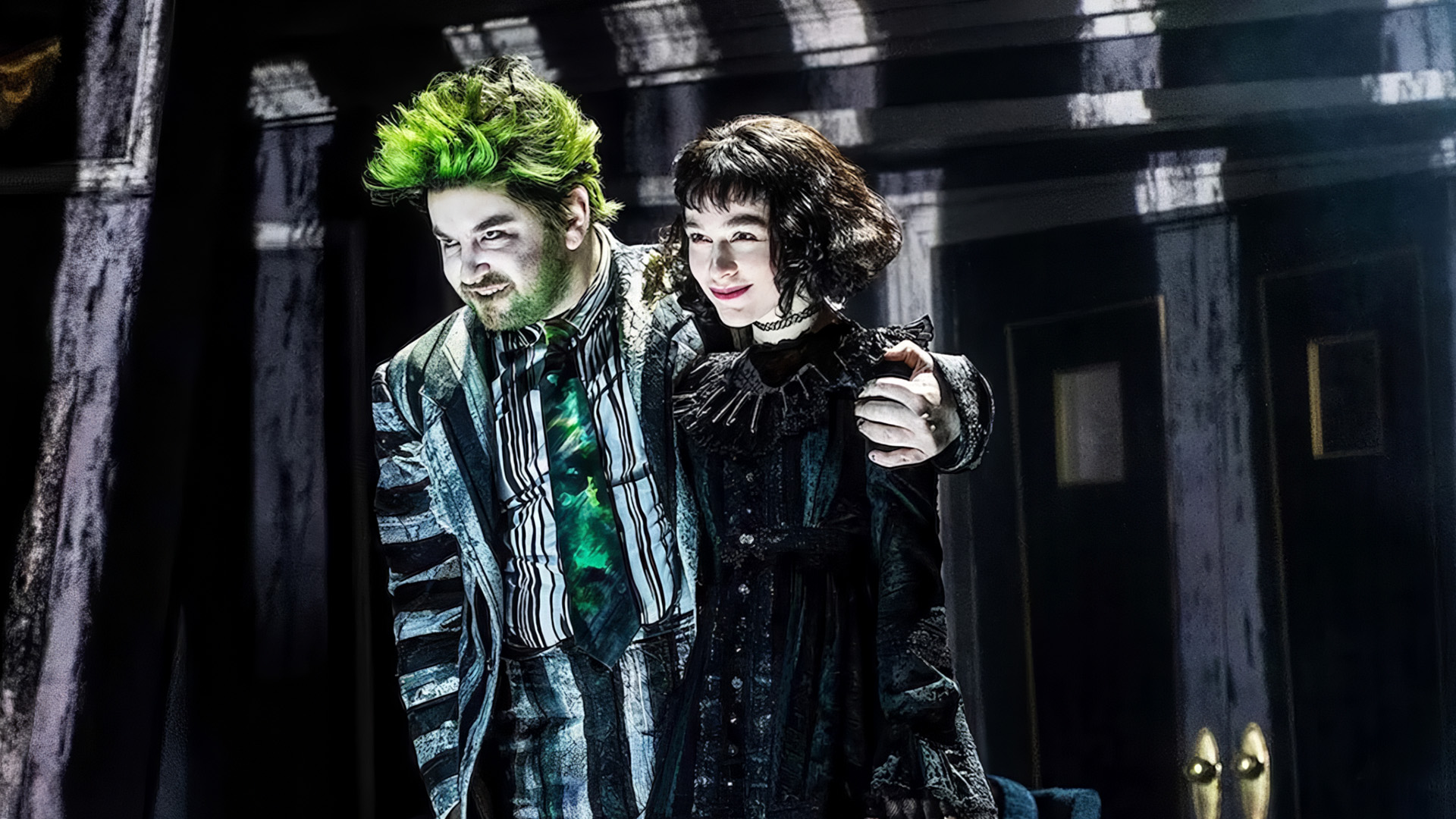Queer Stories Brought the Real Heart to Cannes 2025
Cannes 2025 gave space to bold, emotional, and deeply queer films that felt more present and powerful than ever before.
Queer Stories Brought the Real Heart to Cannes 2025
by Liudmyla Baganova
Cannes 2025 recap by #TheFlickerMagazine
Being at this year’s Cannes Film Festival was a real joy. There were so many films, so many moments, and a lot of them came back to queer stories. It felt like something important was happening. These stories were not hidden or subtle. They were front and centre. That made the whole experience feel more honest and more alive.
Cannes this year reminded us that cinema is not just about red carpets or awards. It is about connection, emotion, and telling the kind of stories that stay with you. And it was the bold, tender, and personal films that brought the heart to it all.
The Main Awards
The Palme d’Or was awarded to Sirât by Óliver Laxe, a contemplative film about a father's search for his missing daughter in the deserts of southern Morocco. Joachim Trier’s Sentimental Value, a tender father-daughter story, earned the Grand Prix. Jafar Panahi’s Un simple accident, full of sharp political commentary, won the Jury Prize.

In Un Certain Regard, The Mysterious Gaze of the Flamingo by Diego Céspedes won the top honour. Set in 1980s Chile, it tells a queer coming-of-age story within the shadow of the AIDS crisis. Céspedes draws from memory and myth to build something haunting and deeply personal. Meanwhile, Harry Lighton’s Pillion won Best Screenplay for its stark portrayal of desire and control between two men, while Once Upon a Time in Gaza and A Poet received directing and jury awards.
The immersive prize went to From Dust, a virtual reality work by Michel van der Aa that invited viewers into a world of grief, memory, and unresolved presence.
Queer Cinema Took the Spotlight and Earned It
This year, queer films were not an afterthought. They were the conversation. They were the standing ovations. They were the moments people kept talking about long after the lights came back on.
Red carpet buzz began early, with Alexander Skarsgård turning heads in a cream linen suit by The Row, coolly sidestepping Cannes' usual flash. His film Pillion premiered to intense curiosity and delivered. A seven-minute standing ovation, a cheek kiss to Pedro Pascal, and a wave of breathless headlines followed.

Scarlett Johansson’s debut feature Eleanor the Great arrived at Cannes with quiet ambition. The film follows a 94-year-old widow who inserts herself into a Holocaust survivor support group after losing her best friend. June Squibb gives a sharp, restrained performance that holds the story together. There are moments of real tenderness, especially in the silences. Johansson clearly knows how to guide actors and frame vulnerability.
“It’s a surreal feeling. This is the little film that could. And to bring it here, to Cannes, is mind-blowing.”
- Scarlett Johansson, Cannes premiere of Eleanor the Great
But the film never quite finds its rhythm. The pacing drifts, the tone shifts awkwardly between gentle humour and heavy drama, and visually, it stays too safe for a story about grief and deception. Eleanor the Great stands out more for what it tries to do than what it actually achieves.
Still, in a festival packed with bold queer voices, it added a thoughtful, if muted, note.
Pillion
Director: Harry Lighton
Cast: Alexander Skarsgård (Ray), Harry Melling (Colin)
Adapted from Adam Mars-Jones’s novel Box Hill, Pillion is a stripped-back character study about a dominant-submissive relationship between two men from different generations and social worlds. Ray is a quiet, older biker who meets Colin, a shy and somewhat lost twenty-something, and draws him into a life of controlled intimacy.

The film doesn’t explain kink. It lives inside it. It explores power and need without judgement. Skarsgård plays Ray with guarded stillness. Melling’s Colin is vulnerable but never passive. Their connection is not romantic in the traditional sense, but deeply emotional.
“There’s a lot of surface preconceptions about kink, and the challenge of digging beneath some of those appealed to me.”
- Harry Lighton, director of Pillion
“We added comic beats to lighten the load, and to riff on some of the tropes of romantic comedies and see how they map onto an atypical submissive dominant relationship.”
- Harry Lighton, press Q&A at Cannes
The standing ovation at the premiere was matched by a now-iconic red carpet moment where Skarsgård kissed Pedro Pascal on the cheek. It quickly became a headline. Pillion earned its place as the festival’s most sexually honest film.
La Petite Dernière
Director: Hafsia Herzi
Cast: Nadia Melliti
Based on the autofiction novel by Fatima Daas, La Petite Dernière tells the story of a French-Algerian teenager growing up in the suburbs of Paris while secretly navigating her same-sex desires. She is devoutly Muslim, unsure of her place in the world, and increasingly torn between community and personal truth.

“I wanted to show a young woman who is both devout and queer, navigating her identity without the need for dramatic revelations.”
- Hafsia Herzi, director of La Petite Dernière
The film is quiet, sometimes still. There are no dramatic confessions. Just a girl in her room, rehearsing the sentences she is too afraid to say out loud. Her prayer rituals are intercut with longing gazes, messages sent then deleted, and thoughts scribbled in notebooks. Nadia Melliti carries the film with quiet strength. Herzi’s direction is calm and clear, never forcing the moment.
The film won the Queer Palm for its honest, intersectional look at queerness, faith, and identity.
The History of Sound
Director: Oliver Hermanus
Cast: Paul Mescal (Lionel), Josh O’Connor (David)

Set in 1919, The History of Sound follows Lionel and David, two young men traveling through New England to collect folk songs in the aftermath of the First World War. Their journey begins as a documentation project and unfolds into something tender and unexpected.
“This is not a story about repression. It’s a celebration of love between these men.”
- Oliver Hermanus, director of The History of Sound
Mescal sings live throughout the film, giving emotional weight to lullabies and forgotten hymns. O’Connor’s David is more guarded, but no less affected. Their romance is not performed. It surfaces slowly, in shared looks and unsaid truths.
Hermanus directs with space and stillness. Critics called it a romance whispered rather than declared.
Honey Don’t!
Director: Ethan Coen
Cast: Margaret Qualley, Chris Evans

A chaotic queer noir comedy, Honey Don’t! is a wild ride through lipstick notes, cult members, and missing men. Margaret Qualley plays Honey, a bisexual private investigator with a sharp mouth and quick instincts. Chris Evans plays a supporting character full of secrets and vulnerability.
“I wanted to reimagine noir not in glamorous LA, but in the bleak, inland desert region.”
- Ethan Coen, on the setting of Honey Don’t!
“It’s rare to see lesbian characters lead a noir. I liked the idea of flipping that.”
- Ethan Coen, Cannes interview
The film embraces camp, chaos, and coded emotion. Some audiences were confused. Others adored it. But no one could look away.
Bleat! (Short Film)
Director: Ananth Subramaniam
Country: Malaysia
In this offbeat Malaysian short, a couple preparing for a traditional animal sacrifice discover their goat is pregnant. What follows is a strange, funny, and thoughtful conversation about ethics, roles, and rituals.
“It started with a strange, sticky image — a pregnant goat.”
- Ananth Subramaniam, director of Bleat!
“The entire film was shot in my hometown. It’s personal, awkward, and queer. Just like I wanted.”
- Ananth Subramaniam, speaking to the press
Bleat! won the Queer Palm for Best Short and proved once again that bold ideas don’t need long runtimes.
The Rest of the Festival and the Unscripted Moments
Not everything at Cannes 2025 followed the script. That is exactly what made it memorable. Between red carpet stumbles, surprising fashion choices, and press room tension, the personality of the festival revealed itself beyond the screens.
One of the most unexpected moments happened when Isabelle Huppert’s long green gown got caught in Marina Foïs’s sequined dress. The two actresses were stuck together briefly, frozen in front of dozens of cameras. It was elegant and ridiculous at the same time. Huppert smiled through it with effortless poise. Foïs, clearly unimpressed, glanced sideways as their teams stepped in to untangle them.
Style took an even stranger turn when Elle Fanning arrived at a major premiere wearing a Charli XCX T-shirt that read “Joachim Trier Summer.” It was casual, confusing, and absolutely not in line with Cannes fashion rules. And yet, it worked. It was a quiet, clever nod to queer internet culture, reminding everyone that a new generation is shifting the tone of these old traditions.
Inside the press rooms, things got even more awkward. During a Q&A for a high-profile screening, a journalist accidentally revealed a major plot twist from The Last of Us series while speaking to Emma Stone. Her reaction was silent but sharp. One long, unimpressed stare said everything. The clip was online within minutes and quickly became the most shared press moment of the festival.
Away from the chaos, the Immersive Competition quietly pushed boundaries. From Dust, created by Michel van der Aa, placed viewers inside a virtual space shaped by memory, grief, and presence. There were no actors, no clear narrative, just movement, light, and sound. For some, it was the most emotional work they experienced all week. It was a reminder that storytelling is changing, and Cannes is beginning to shift with it.
These moments were not scheduled. They were not planned. But they were real. And they are what made Cannes feel alive this year. The festival lived between the polished speeches and the bright spotlights, in the unfiltered glances and strange pauses. That is where Cannes found its pulse.

Closing Thoughts
Cannes 2025 did not need one breakout film. It offered many. What stood out was not one voice, but a shared movement. Stories told by people who are often left out. Stories about identity, memory, intimacy, and survival.
Pillion gave us power and restraint. La Petite Dernière gave us stillness and conflict. The History of Sound gave us love without noise. Even Bleat! asked how we carry traditions when they no longer hold the same meaning.
These were not just queer films. These were human stories told with care and courage.
This year, it also felt slightly easier for some people to get tickets for more screenings. Maybe the festival is becoming a little more open, or maybe more people are simply making space for the kinds of films that speak to something real.
Being there, watching these films in packed cinemas and small rooms, hearing how people responded, it left a mark. These stories felt needed. And I left Cannes with the sense that something is shifting. Something honest is taking shape. And it is only just beginning.

Get weekly updates
.png)
Join Our Newsletter
Get a weekly selection of curated articles from our editorial team.



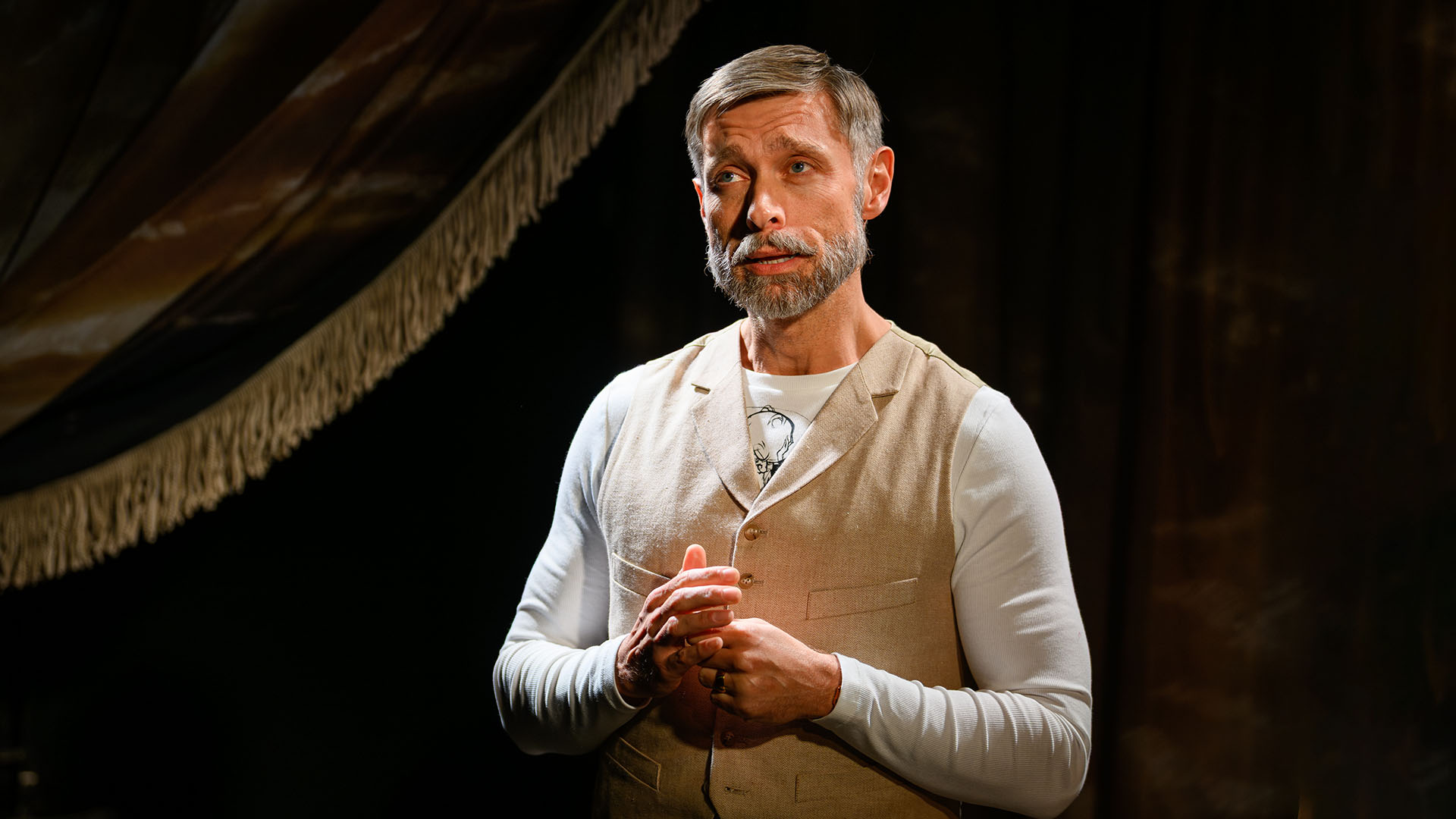
.svg)


